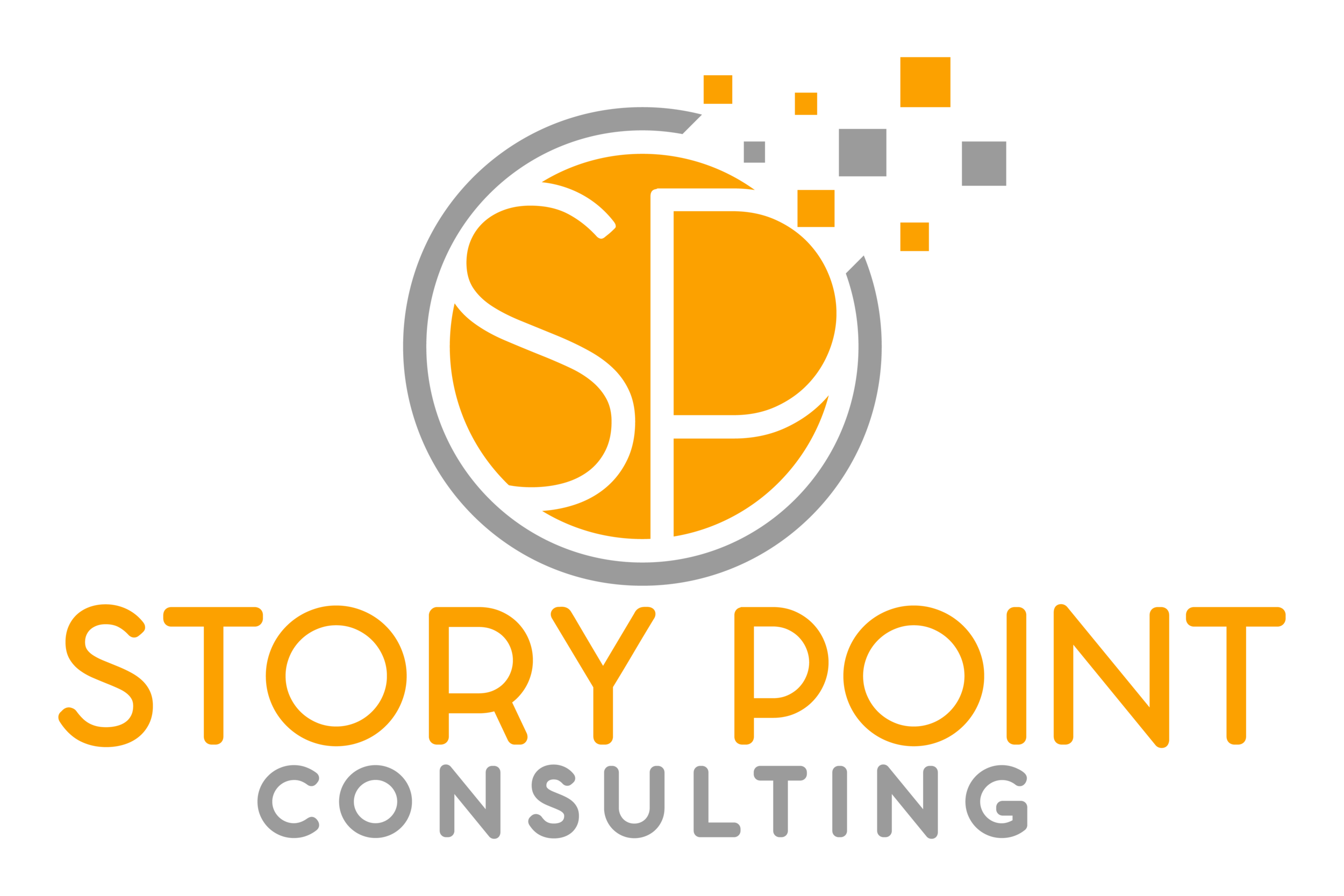9 Key Skills to Become a Stronger Fundraiser
Often, when new fundraisers think of raising money, the first thing that comes to mind are things that aren’t a lot of fun. And truly, asking people (whether we know them or not) for money, or selling people things (that they might not want), or seeking out wealthy donors sounds intimidating and can make people feel vulnerable. However, there is so much more when it comes to fundraising, and some of it (believe it or not) can actually be a lot of fun.
As a new fundraiser you may think you’re a burden to others or bothering people by asking for a donation, but if your organization can do a great job communicating the importance of your cause, you help the general public get excited about something that matches their values. People genuinely and excitedly support a cause when your nonprofit presents an opportunity to support something they value.
So if you’re new to fundraising here are nine skills that will help you to become a stronger fundraiser.
Knowledge of the nonprofit sector. When you are new to the nonprofit sector it’s important to take the time to understand the industry. Knowledge is truly powerful as it can also help you identify opportunities for your organization, stay up-to-date with industry trends and best practices, and understand how your organization compares to others, which can help you make more informed decisions and improve your overall fundraising performance. Knowledge of what similar organizations are doing can also help you know that your challenges are normal, and give you more confidence.
Knowledge of your organization. It’s important that you take the time to learn the history of your organization, the mission and values of the organization and even key people and partners that you’ve collaborated with. The better you understand the importance of your organization and its work, the better you will be able to communicate it to others.
Compelling storytelling. A successful fundraiser can tell a story that inspires people to donate. If your organization has a case for support, which explains to prospective donors how their investments in your organization will help make the community a better place, make it a priority to become familiar with it as it will become the foundation of your communication with those who are unfamiliar with your cause.
Being organized. Fundraising requires a lot of organization and planning. Between applying for grants, trying to find new supporters, maintaining a donor database and building relationships with current donors, fundraising requires the ability to prioritize and manage your time efficiently.
Perseverance. Successful fundraisers are persistent and don’t give up easily. There will be times that you ask a donor for a gift, but the donor is not ready to give at that moment. It’s important to keep trying as a “no” does not necessarily mean that the donor will never give. Continuing to build on relationships can often lead to being rewarded with a gift in the future.
Ability to research donors. Fundraisers use a technique called prospect research, which is a method used by nonprofits to find donors that have the capacity to support their nonprofit. Successful fundraisers also research their current donors in depth so they can tailor their communications with them, along with their donor appeals.
Listening ability. Strong listening skills are important to building strong relationships with your supporters. Often a major gift can be secured by a fundraiser who has simply taken the time to listen to a donor’s interests. When you practice asking for support from a donor, ensure that you practice listening and truly understanding what the donor is looking for.
Data-driven. Paying attention to the numbers is incredibly important for fundraisers. By looking at data like historical giving amounts, they’re able to make more informed and strategic decisions to drive even greater success. Instincts can take fundraisers far, but data can take them even further. Developing a data-driven approach will help your team’s ability to understand data will help them keep one eye on the big picture, while also providing them with more tools to improve their fundraising strategy.
Being Adaptable: Fundraising is constantly changing, so it’s important to be adaptable and willing to try new things. Anyone who has been in the sector for some time knows that different funders may have different requirements, policy changes, and political landscape can all be external factors that a fundraiser needs to adjust to.
Not having every skill mentioned above does not mean fundraising is not for you. The first step is identifying the areas where you could use more knowledge or training. Then, have a conversation with your leadership team about getting trained in those specific areas. Your organization’s budget should not be a barrier in your professional development, as there are many alternatives available. Here are some free, and cost-effective options that can provide the training you need to be successful in fundraising.
Story Point Consulting: Check our workshops page for on-demand and upcoming training opportunities.
Charity Village Learning Centre: CharityVillage has multiple training opportunities for nonprofit organizations. Numerous nonprofit professionals from around the sector have contributed to the many courses, articles, webinars and podcasts on a variety of topics.
United Way Winnipeg Learning Centre: The Learning Centre at the United Way Winnipeg offers high-quality, and affordable learning opportunities for nonprofit professionals to advance their skills. Workshops are offered in virtual and in-person formats.




